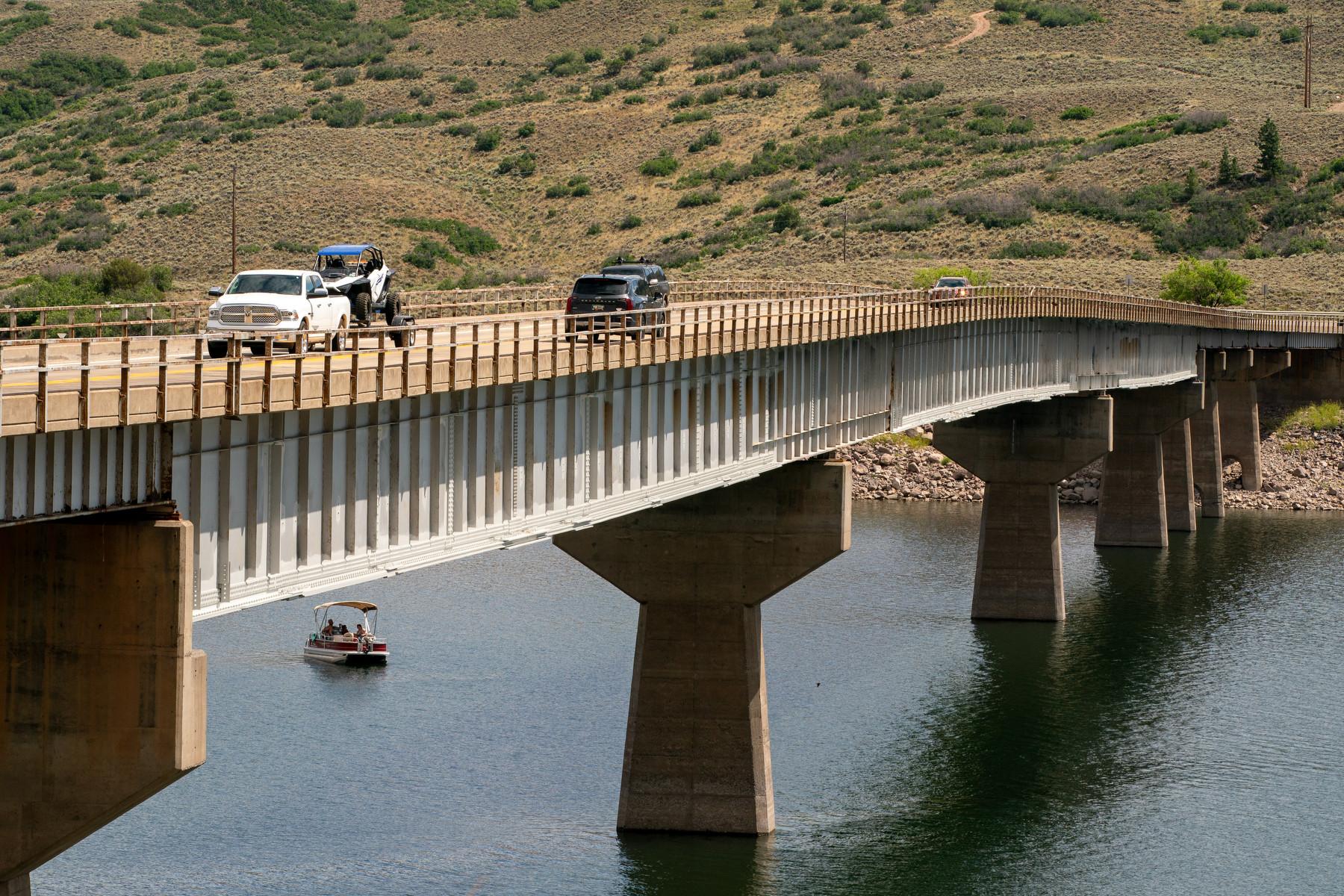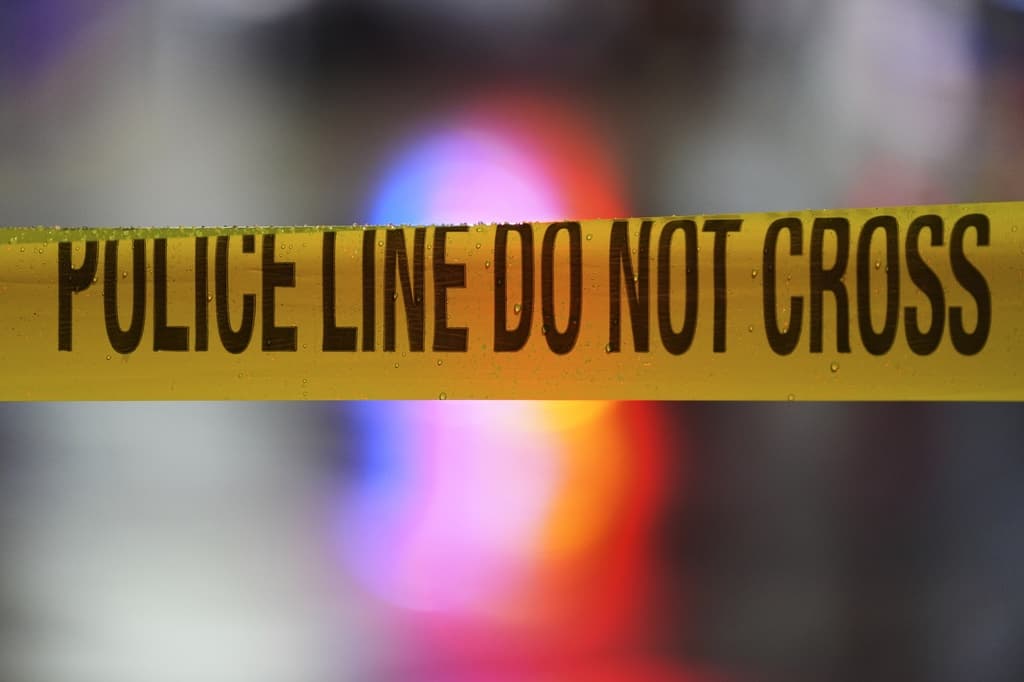
Updated a t 12:56 p.m. on Thursday, July 24, 2025
Colorado has some work to do on its infrastructure needs, according to the latest evaluation of the state’s capacity to serve its residents on everything from air travel to fresh water.
The state received a C-grade from the American Society of Civil Engineers, the same evaluation it was awarded the last time this report was done in 2020.
“C minus means our infrastructure is performing at the near average rate, but there are areas of immediate and long-term concern that must be addressed,” T. Deniz Uludag, chair of the 2025 report, said.
Colorado’s infrastructure grades out just a tick behind that of the nation’s as a whole, according to the report.
The report examines 14 areas of infrastructure ranging from aviation to stormwater. The state’s lowest grades came in schools, roads and levees, each of which weighed in at a D+.
Colorado improved in only two areas from the 2020 report: dams and wastewater. In the categories of roads (C- to D+), aviation (B to B-) and energy (C+ to C) the state saw decreases. The report follows in the wake of major infrastructure spending both at the state and federal levels, which Uludag said have been beneficial, despite the lower grades. The challenge for Colorado is that the state’s weather and population growth have so far outpaced these buildouts, he added.
“However, funding gaps still remain,” Uludag said. “Recent investments in the transportation network at local, state and federal levels help Colorado take action to improve or expand the system that connects residents and fuel economic activity.”
In a statement, the Colorado Department of Transportation called the analysis a “cookie-cutter account” that was “typical of what industry trade groups push out in an effort to lobby for more taxpayer funds for their industry.”
“In this case, the account is based on years-old data that ignores significant state investment in road quality and interstate pavement condition over the past five years. Tellingly, one of the account’s key recommendations for roads - seeking sources of funding beyond just the gas tax - is something that the Colorado legislature passed and Governor Polis signed into law in 2021.
While we have more work to do to fix our roads, Colorado has made real strides over the last several years of sustained investment in fixing the basics,” the statement said. “These improvements have recently resulted in a drop in poor interstate lane miles from 3.3 to 2.3 percent, with investments such as resurfacing projects on I-76 in northeastern Colorado and I-70 in the eastern plains. Our comprehensive plans are helping to fix our roads, including improvements to hundreds of miles of poor pavement on highways in our rural communities. Additionally, our continued investments in our bridge infrastructure have seen the percent of Colorado’s bridges in poor condition stay below the target of four percent."
On the roads front, the report determined that 34 percent of Colorado’s roads are in good condition, nine points behind the national average. While the state saw a slight downgrade on its aviation performance, the B- it received was tied with its highest grade across the 14 categories (along with dams and rail). Nationwide, aviation received a D+, well behind Colorado.
The grades were outlined at a press conference at Denver International Airport, where CEO Phil Washington said investments into the facility will help the airport accommodate the realities of modern air travel.
“This airport was designed for 50 million (annual fliers) 30 years ago, and last year we had 82.3 million people come through here,” Washington said. “And so the need for us to build to accommodate those increased numbers and at the same time building to make sure that our assets are resilient becomes very, very important.”
One of those improvements will be the east security checkpoint, which Washington said is set to open to the public Aug. 5.
“I think we’re going to be passing out cookies at 3 a.m.,” Washington said. “So if you want a cookie, you can be here.”
Colorado does outpace the nation in some areas, including the bridge category. The report rated 4.8 percent of the bridges in the state in poor condition, compared with a national average of 6.5 percent.
The report card points to four areas the state should work on to improve its infrastructure standing: investing in asset management that plans for the full life cycle of an infrastructure project; prioritizing resilience; intergovernmental partnerships and engaging stakeholders.
On that last point, the report notes that outreach is particularly important given tax restrictions from the state’s Taxpayer Bill of Rights, which has been blamed for restricting funds that could cover infrastructure shortfalls.
Editor's note: This story has been updated to include a statement from the Colorado Department of Transportation.









